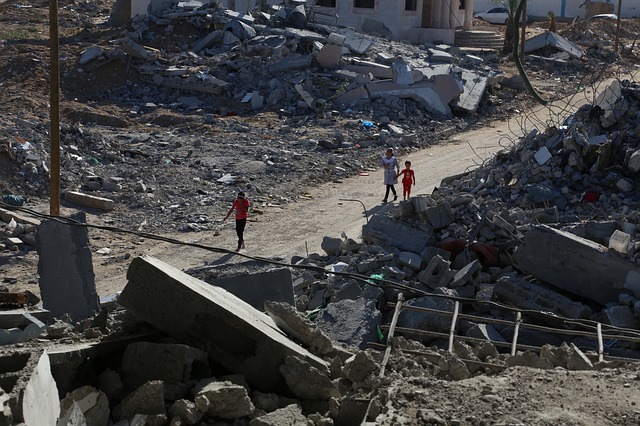10 Recommendations for Driving Global Efforts and Future Trends for Vital Sectors
The Great Narrative Meeting, jointly organized by the UAE government and the World Economic Forum (WEF), concluded its activities today, Friday, after hosting a series of interactive sessions and intensive workshops. The two-dayeeting brought together UAE Ministers, global thought leaders, scientists, and experts who exchanged views on shaping future trends for vital sectors.
His Excellency Mohammad Abdulla Al Gergawi, Minister of Cabinet Affairs, said: “The Great Narrative Meeting succeeded in establishing a new platform to enhance collective global partnerships among governments, entrepreneurs, thought leaders, scientists and experts. It further laid the foundations for new trends that the UAE government and the World Economic Forum will share with other governments to motivate them to include these trends in their national plans to help create comprehensive global action for a better future for the humankind”.
“The rapid changes that the world will witness in the coming years necessitate adopting a new approach and integrated partnerships at the international level. The UAE government believes that the main pillar for the success in this context is “inclusion”, and not leaving any country or society behind. The future is for all, governments, international organizations, societies, entrepreneurs, community institutions and individuals; it belongs to more than 7 billion people,” Al Gergawi added.
Global cooperation and partnerships outputs
The meeting outputs announced on its last day included 10 recommendations for shaping the future in several vital sectors, namely, technology, economy, society, politics and the environment. The most important recommendations are: investing in digital technology, investing in human capital, investing in the society, restoring trust between government and society, empowering youth, encouraging sustainable practices in various fields, adopting a new government mindset based on taking proactive action to meet societies’ aspirations, developing new tools and policies for establishing inclusive global economic systems, planning for the future on the short, medium and long terms, developing disadvantaged societies and empowering them to catch up with the march towards the future.
The closing session recommendations were announced by Professor Klaus Schwab; Freeke Heijman, Founding director of Qunatum Delta NL, the foundation that runs the Dutch national Quantum Initiative; Ngaire Woods, Dean of Blavatnik School of Government, University of Oxford; Dambisa Moyo, Global Economist at Mild Storm Group; and Ilona Szabó de Carvalho, Co-founder and President, Igarapé Institute.




























